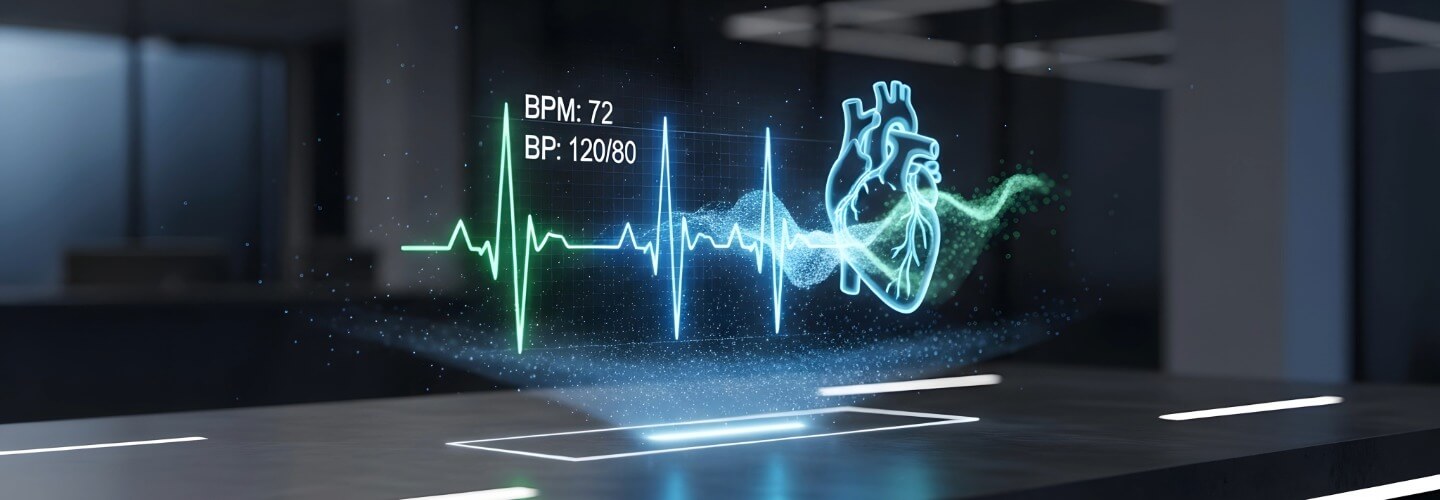Experience Heartfelt Care with Cardiac Care Associates
Discover a new standard in cardiac care with Cardiac Care Associates. Our dedicated team of healthcare professionals brings together expertise, compassion, and innovation to deliver exceptional cardiac care services in Northern Virginia. We believe in treating more than just symptoms; we treat you as a person, understanding your unique needs and journey. Our commitment to excellence is evident in the personalized attention we offer every patient and our unwavering pursuit of the latest advancements in cardiac care.
Dive deeper into our story, our commitment, and see why Cardiac Care Associates is the trusted choice for heart health in Northern Virginia.

CARDIAC CARE LOCATIONS
.svg)
CARDIOLOGY SERVICES

Prevention, Care, and Management.
Tailored support for optimal well-being.
SERVICES COVERAGE:
.png)
Diagnostic Services.
Our cutting-edge imaging technology ensures accurate and comprehensive cardiac evaluations.
SERVICES COVERAGE:
.png)
Treatments and Therapies.
Discover a Range of Advanced Therapeutic Interventions for Comprehensive Cardiac Care.
SERVICES COVERAGE:
MEET THE DOCTORS
.webp)

EXCELLENT PATIENT EXPERIENCE
LATEST NEWS & ARTICLES

What is an Echocardiogram? Complete Guide to Heart Ultrasound Testing
Complete guide to echocardiogram testing - what it is, how to prepare, what to expect during the procedure, and understanding your results. Expert heart ultrasound information from Cardiac Care Associates.

Understanding Heart Palpitations: When to Worry and When It's Normal
Understanding heart palpitations - causes, symptoms, when to worry, and when it's normal. Expert guidance on heart rhythm concerns from Cardiac Care Associates in Northern Virginia.

Finding the Right Cardiologist: What to Look for in Heart Care
Complete guide to finding the right cardiologist - credentials, specializations, questions to ask, and what to look for in heart care. Expert advice from Cardiac Care Associates in Northern Virginia.
.svg)
Secure Your Appointment Online Now!
To secure your appointment promptly, take advantage of our hassle-free online booking form.



Strengthening Our Commitment: Affiliated with Privia Health.
Cardiac Care Associates is proudly part of Privia Health. Privia connects us with leading doctors in the community to transform healthcare by delivering high-quality, coordinated care that is centered on our patients.
To learn more about the resources that help you manage your healthcare, visit their website.
Join Our Team: Exciting Career Opportunities Await!
Explore rewarding positions at Cardiac Care Associates. Join us in delivering top-tier cardiac care and making a positive impact on patient lives.
explore Open positions






.png)
.png)

.png)






















